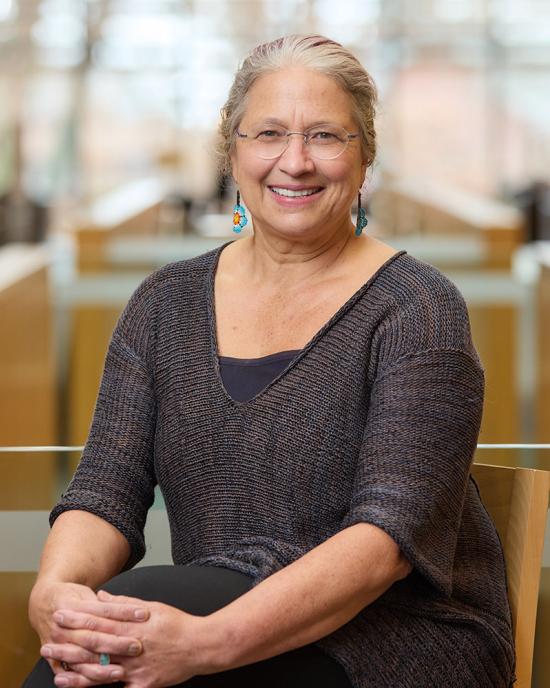Publication
Indigenous Peoples' Participation in Global Conservation: Looking beyond Headdresses and Face Paint
On This Page
This article explores the meaning of inclusive participation in global conservation decision-making processes. It draws on data collected in collaborative ethnographic research of the latest World Conservation Congress (WCC) held in 2008 in Barcelona, Spain. We argue that despite a discernible shift towards the incorporation of indigenous rights and indigenous peoples' representatives within the conservation equation, many challenges to full participation still exist for both indigenous peoples and other local resource users who may be affected by conservation governance decisions. Several conditions exist at a global scale that limit democratic participation, including the unequal power relations between indigenous peoples and the global north, which limits the space for indigenous inclusion, the democratic deliberation that is often treated as a checkbox item, the limited resources to facilitate broad inclusion (in terms of both monetary and cultural capital), and the political challenges of legitimacy for some at more local scales, such as the concern of who represents whom at the global scale. We recognise effort has been given to expanded participation in global conservation governance, but inclusive and deliberative participation is still limited within IUCN and among other conservation NGOs.
